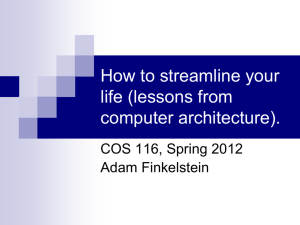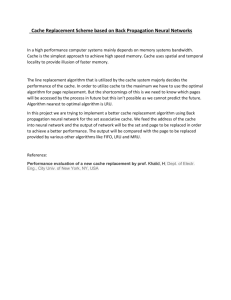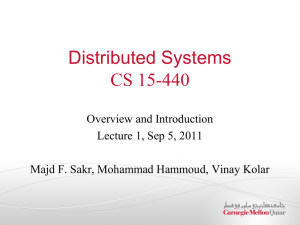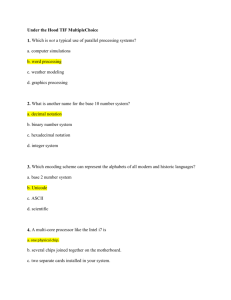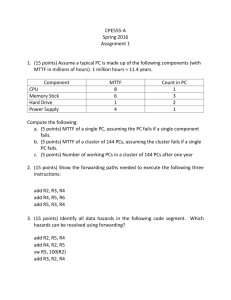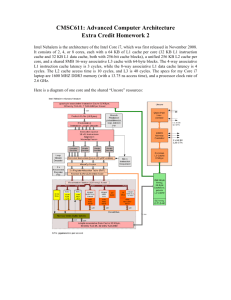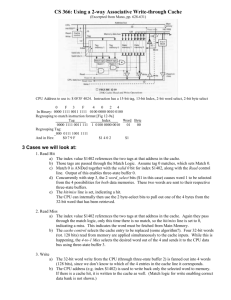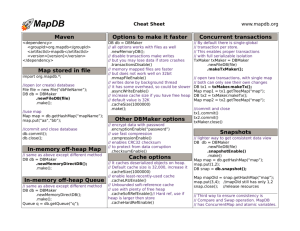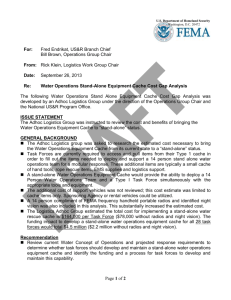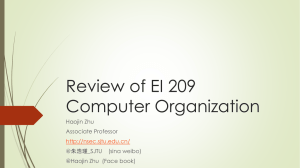Can I really consolidate my SQL Server database?
advertisement
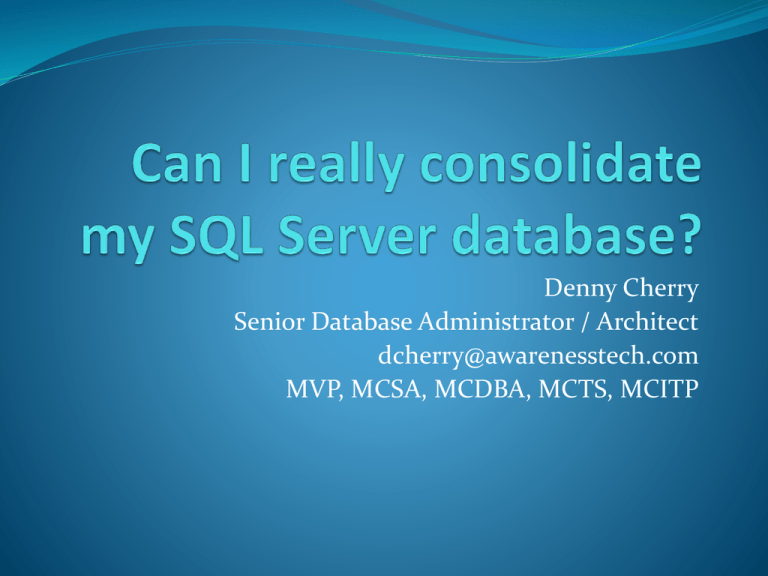
Denny Cherry Senior Database Administrator / Architect dcherry@awarenesstech.com MVP, MCSA, MCDBA, MCTS, MCITP Why we consolidate Reduce server count Reduce Cooling Costs Reduce Power Costs Reduce license costs Take advantage of faster servers Consolidation Options Multiple Databases in a single instance Multiple Instances on a single server Multiple virtual servers into one physical server Multiple Databases 1 Instance Saves on License Costs Saves on Hardware Costs Shared Buffer Cache Shared Procedure Cache Shared CPUs No control of buffer/proc cache size Multiple Instances 1 Server Save on License Costs Save on Hardware Costs Separate Buffer Cache Separate Procedure Cache Shared or Isolated CPUs Influence buffer/proc cache sizes via max memory Multiple virtual servers 1 host Save on Hardware Costs Can save on License costs Separate Buffer Cache Separate Procedure Cache Shared or Isolated CPUs Control of cache size by controlling VM resources How to select a technique CPU Load Buffer Cache Size Procedure Cache Size Page Life Expectancy Disk IO Load Legacy Server CPU & RAM When is it not going to work All servers have high CPU Loads All servers have large buffer cache requirements One or more servers have large procedure cache requirements JBOD can’t handle the IO Single Server can’t handle the RAM More Reading When and How to Consolidate http://bit.ly/bFx8il Server Consolidation with SQL Server 2008 (MS) http://bit.ly/catkb2 SQL Server Consolidation on the 64Bit Platform (TechNet) http://bit.ly/90Ql4M Denny Cherry dcherry@awarenesstech.com http://itke.techtarget.com/sql-server Please rate this presentation at http://speakerrate.com/mrdenny
